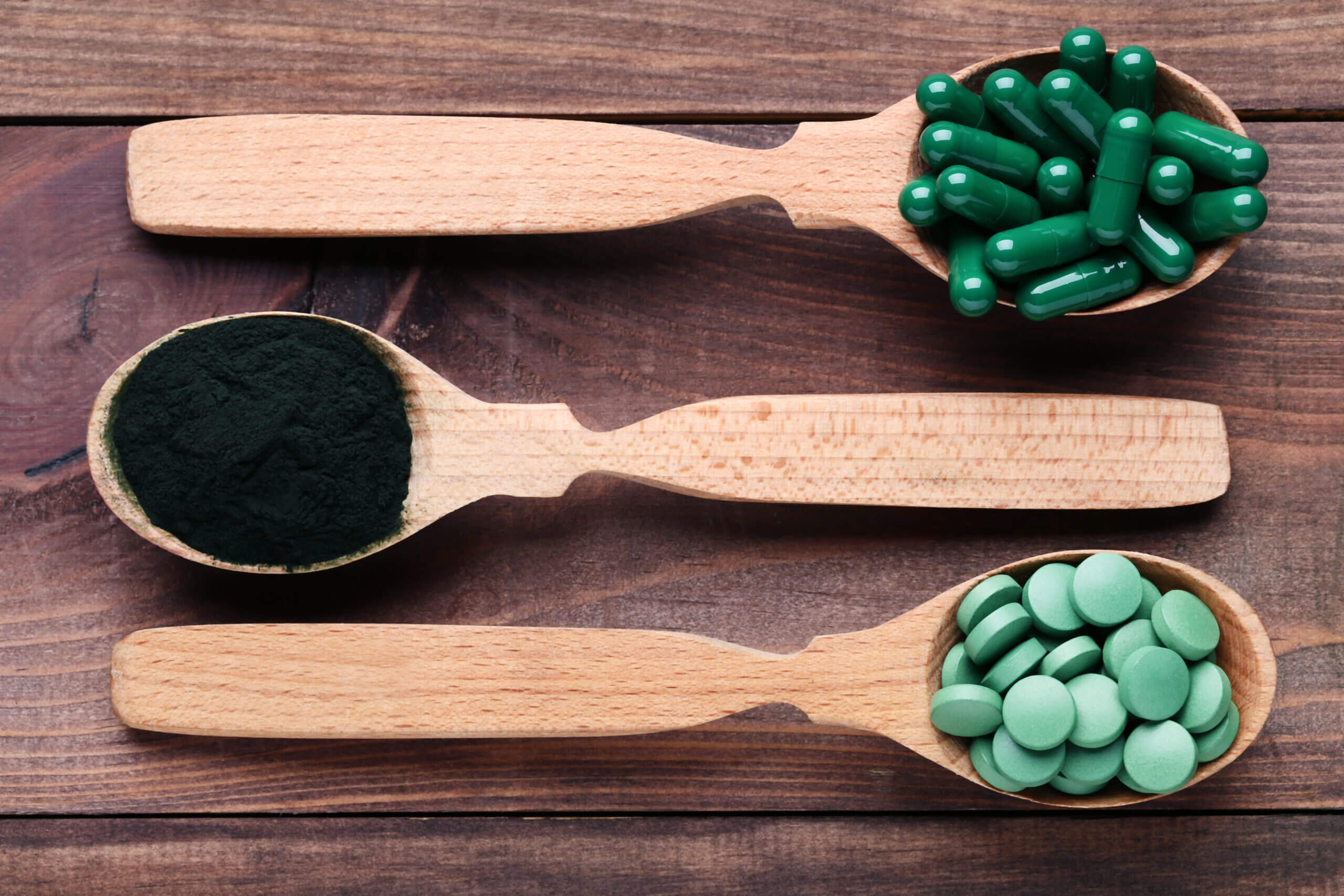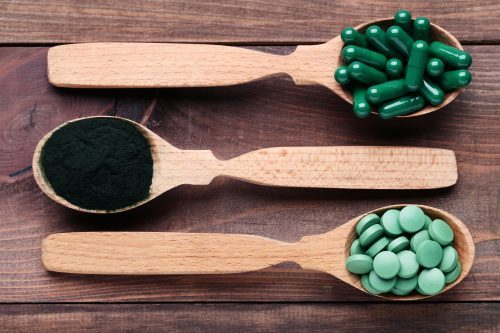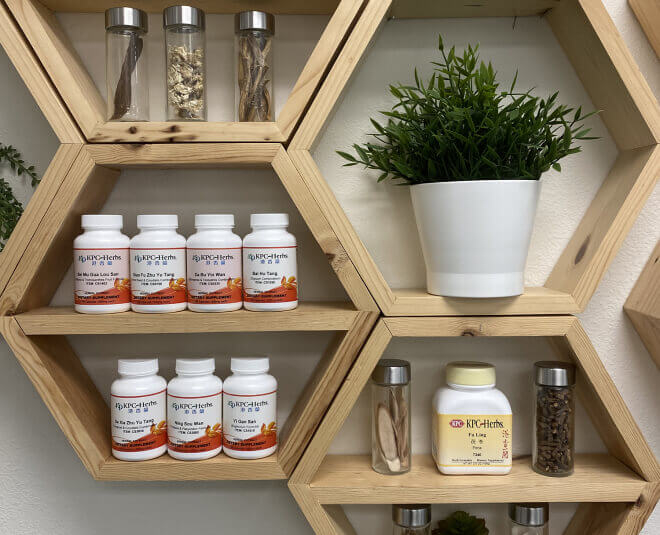 In Traditional Chinese Medicine, there is a wide variety of herbs and formulas available used to alleviate an equally wide range of concerns. After you’ve been diagnosed and prescribed by a licensed TCM practitioner, you may be asking some important questions, like “What are the major differences between granules, capsules, and tablets?” and “Which is the best and most effective form in which to take my prescribed herbs?”
In Traditional Chinese Medicine, there is a wide variety of herbs and formulas available used to alleviate an equally wide range of concerns. After you’ve been diagnosed and prescribed by a licensed TCM practitioner, you may be asking some important questions, like “What are the major differences between granules, capsules, and tablets?” and “Which is the best and most effective form in which to take my prescribed herbs?”
Understanding the benefits and drawbacks of each format allows you to make an informed decision about which type best meets your health needs, alongside the consideration of your practitioner’s recommendations. Beyond matters of personal preference, there are also subtle differences in how the body digests each form. Ultimately, recognizing the key differences between granules, capsules, and tablets will enable you to choose the form that will best foster your natural healing and overall wellness.
What are granules and how are they made?
Granules, also known as powders, extracts, or herbal extract powders, are formed by binding concentrated liquid of decocted herbs to excipients. Depending on the properties of each formula, the excipients used are either non-GMO potato starch or grounded herbs.
How are KPC granules unique and what are their benefits?
At KPC Herbs, our granules are extremely fine and easily dissolve in water, making them much more pleasant to consume than comparable products on the market. Instead of a gritty, sandy feel, once dissolved in warm water, the consistency of our herbal granules is akin to a smooth instant coffee. Our manufacturing process for formula granules mirrors the traditional way of decocting the herbs together rather than blending finished single herbs granules. The traditional method of decocting all the herbs in a formula together enhances the herbs’ efficacies, captures the synergetic effects of the herbs, and provides greater benefits than blending using single herb granules. Through our process, we utilize and honor the traditional Chinese way of preparing herbal formulas, where raw herbs would be cooked together and made into soup or tea for patients to consume.
The KPC granule herb line offers nearly 300 formulas and 400 single herbs, presenting the most extensive selection in the industry. Our advanced manufacturing process makes these fine granules easy to digest and fast to absorb. These herbs also allow for customization: practitioners can prescribe custom formulas according to the health conditions and body type of each patient, which is especially beneficial for those who suffer from allergies. Granule products are also cost-effective and easy to store and use, making them both a convenient and popular choice among consumers when compared to raw herbs.
What are the drawbacks of granules?
While granule herbs are a convenient and easily digestible dosage form, the herbs will be directly tasted. As a result, patients may gravitate toward capsules or tablets for herbs that are less palatable.
What are capsules and how are they made?
At KPC Herbs, our capsule shells are 100% natural and made entirely of vegetable-based ingredients rather than animal-origin gelatin. These capsules are filled with high-quality granule herbs and formulas, providing the same quality as granule products since no additional ingredients are used to fill the capsules.
What are the benefits and drawbacks of capsules?
One primary difference between granules and capsules is the ease and convenience of the capsule format — a dosage form that most consumers are highly accustomed to today. Additionally, in comparison to granules which can taste bitter to some patients, herbs that are consumed in capsule form have a less prominent and arguably more agreeable taste and smell. Therefore, patient compliance levels tend to be higher in this dosage form.
At KPC Herbs, we offer approximately 100 products in capsule form, including our most popular formulas. For easy dosing, capsules are filled with 500 mg of granule herbs. In contrast to the quicker absorption allowed by granules, encapsulated herbs require more time to take effect since the body must first digest the capsule. Uniquely, depending on the particular herb, this may be beneficial. Certain herbs provide greater efficacy when the body is given more time to digest it, making the capsule form ideal.
What are tablets and how are they made?
KPC also presses granules into tablet form. In fact, this is one of our best and most advanced manufacturing techniques: we create tablets out of high-quality granule herbs and formulas without using fillers and unnecessary binding agents.
What are the benefits and drawbacks of tablets?
Similar to capsules, tablets have a higher compliance level because they are convenient and easy to digest, although the taste of tablets may be a little stronger than that of capsules. They are also preferred in some cases, depending on the patient’s condition and personal habits. However, some formulas are not available as tablets.
KPC offers 50 popular herbal formulas in 750 mg tablets that are measured precisely and pressed for easy swallowing. The primary difference between capsules and tablets is the quantity of dosage and the physical texture.
Which dosage form is better — granules, capsules, or tablets?
Ultimately, the best dosage form depends on personal preferences and the professional opinion of your practitioner. While overall acceptance levels are higher in capsule or tablet forms, this is primarily due to today’s preference for convenience and our familiarity with taking medications or supplements in these forms. Certain patients who enjoy a more traditional means of consuming their herbs may prefer their herbs in granule form.
Generally, if the finished product is safe and of high quality, no one form is necessarily better than another; there is no difference in the potency of decocted herbs between granules, capsules, or tablets. However, this statement is contingent on the quality of the manufacturing process. When purchasing herbal products, it is crucial to source them from a business that bases its manufacturing processes on strong ethical standards and stringent quality assurance. At KPC Herbs, we take pride in emphasizing quality, consistency, and integrity at each stage of production to create formulas that naturally enrich the health and well-being of our customers.
KPC Herbs — combining traditional Chinese medicine with modern manufacturing processes for the finest, most beneficial result
Through constant diligence and a thorough commitment to pharmaceutical-grade formulation processes, KPC Herbs continues to create products that are safe and beneficial for each patient’s overall wellness. As experts in the art of Traditional Chinese Medicine, we strive to combine knowledge accrued over thousands of years with the latest techniques and testing standards to produce premium herbs and formulas for all our customers. Determining the best dosage form for each patient will depend on practitioner advice and consumer preferences. However, with KPC Herbs, you can be assured that every product, irrespective of its dosage form, has been created with the highest-quality herbs and prepared with the expertise and dedication of the entire KPC team. We wish you good health!
________
*Please note: These statements have not been evaluated by the FDA. This article is not intended to suggest specific treatments for patients or that any supplements mentioned prevent or cure diseases or problems. Before taking any herbs, all patients should discuss their options with a licensed practitioner, including any other medications the patient is currently taking, as there may be contraindications between pharmaceuticals and herbs.

